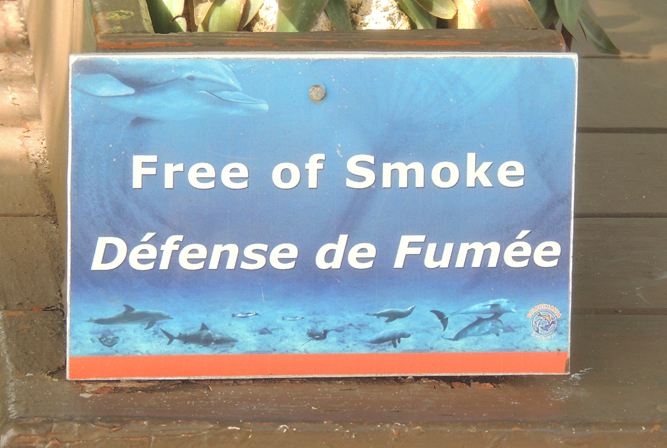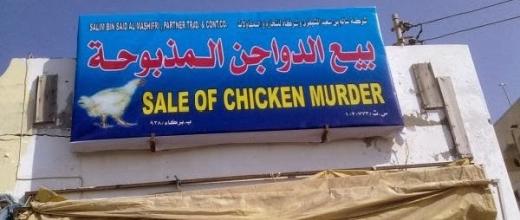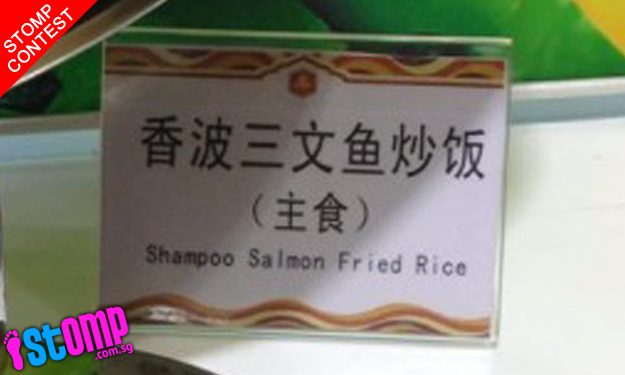Energize Complete Works
Jì Xiànlín 季羨林 (1911-2009), an old friend of mine, was China's greatest Indologist and Tocharian specialist (see this Wikipedia article, also in Mandarin, Cantonese, and Classical Chinese). His complete works in 18 volumes, Jì Xiànlín quánjí 季羨林全集, are available through Amazon and other online book services. What is strange is that the English translation of the title is given in a number of places as Energize Complete Works.
Read the rest of this entry »








